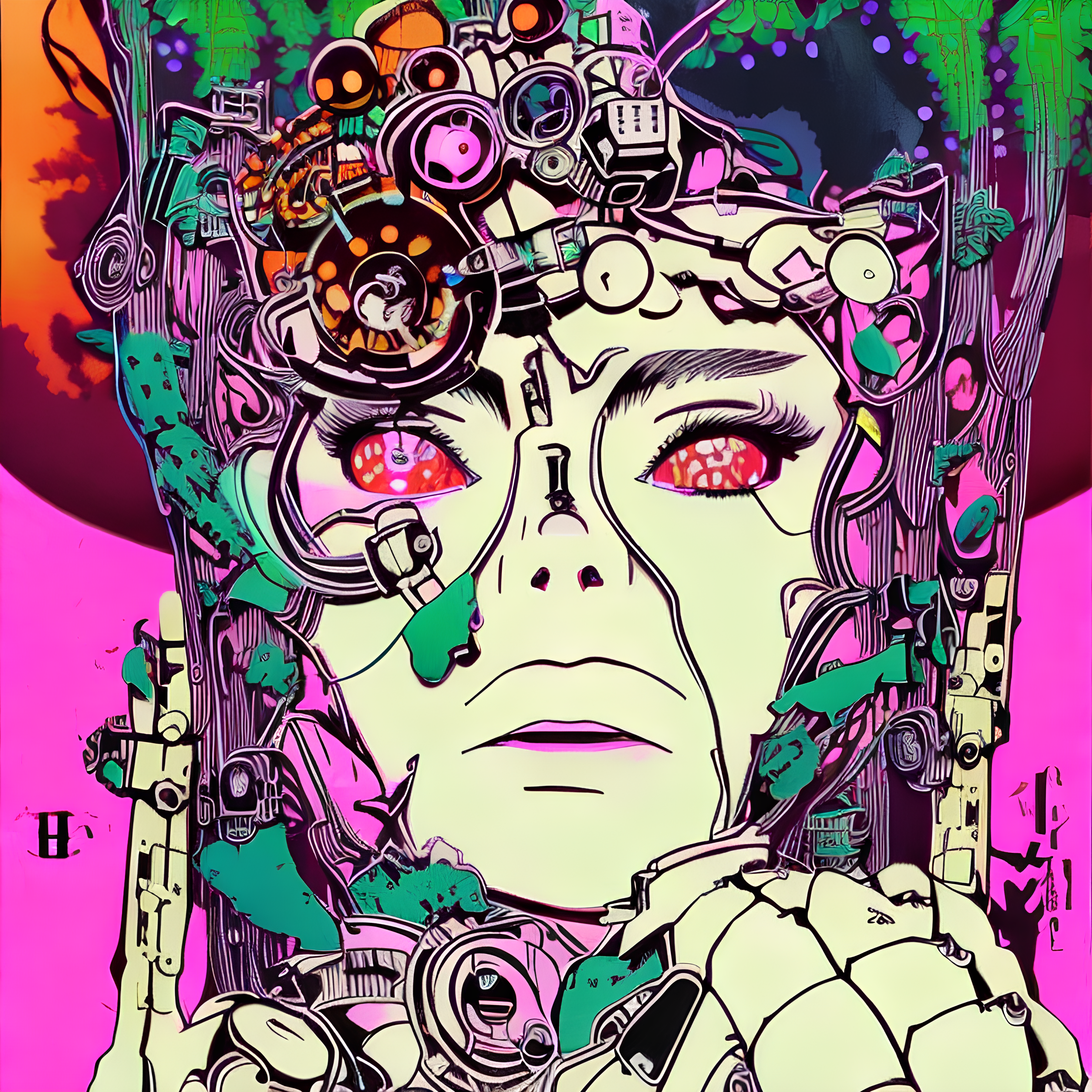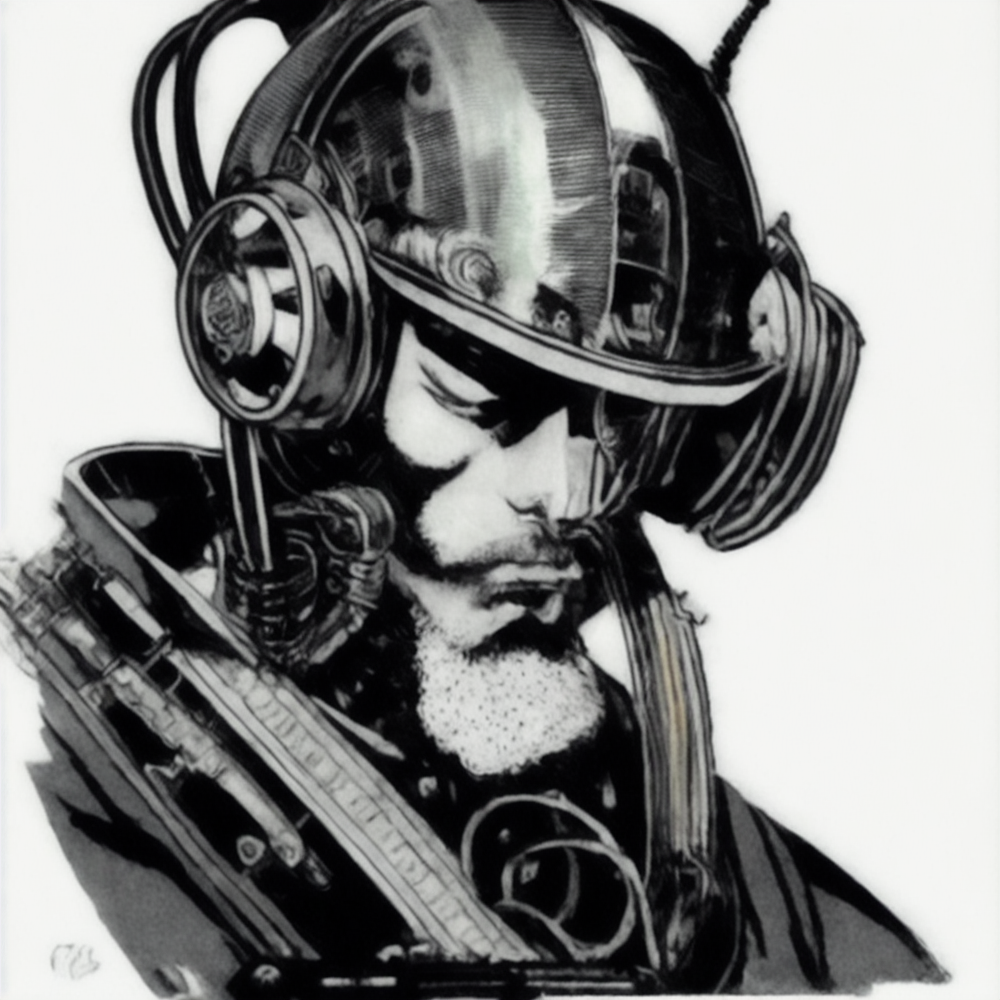zero knowledge proofs, like those being deployed on blockchains recently, have the potential to be the killer app for this tech. Imagine you want a library card which requires proof of residence. With a zero-proof identity system, you could get your library card without revealing any personal info, like your name or address. Your wallets would simply prove to the library that you are a resident as credentialed by some local/state authority.
This also could have profound implications for the web like universal logins to web services, online privacy while still providing attribution, ownership and rights to digital content, copyright, etc.


From my conversations with mainland Chinese, they often tout the line that the US was somehow involved, so it was partly an excusable defense of the homeland against dangerously co-opted students. That said, most acknowledge that it was pretty bad. But these are also well-educated Chinese working abroad, so I assume the majority of Chinese don’t know much.
One story I heard retold by an English teacher working in Nanjing that I used to know was about the experience of one of the people involved in the protests…or at least they were an academic in Beijing at the time of the massacre. They were really depressed 20 years later and felt that nobody around them, particularly their students, knew anything.